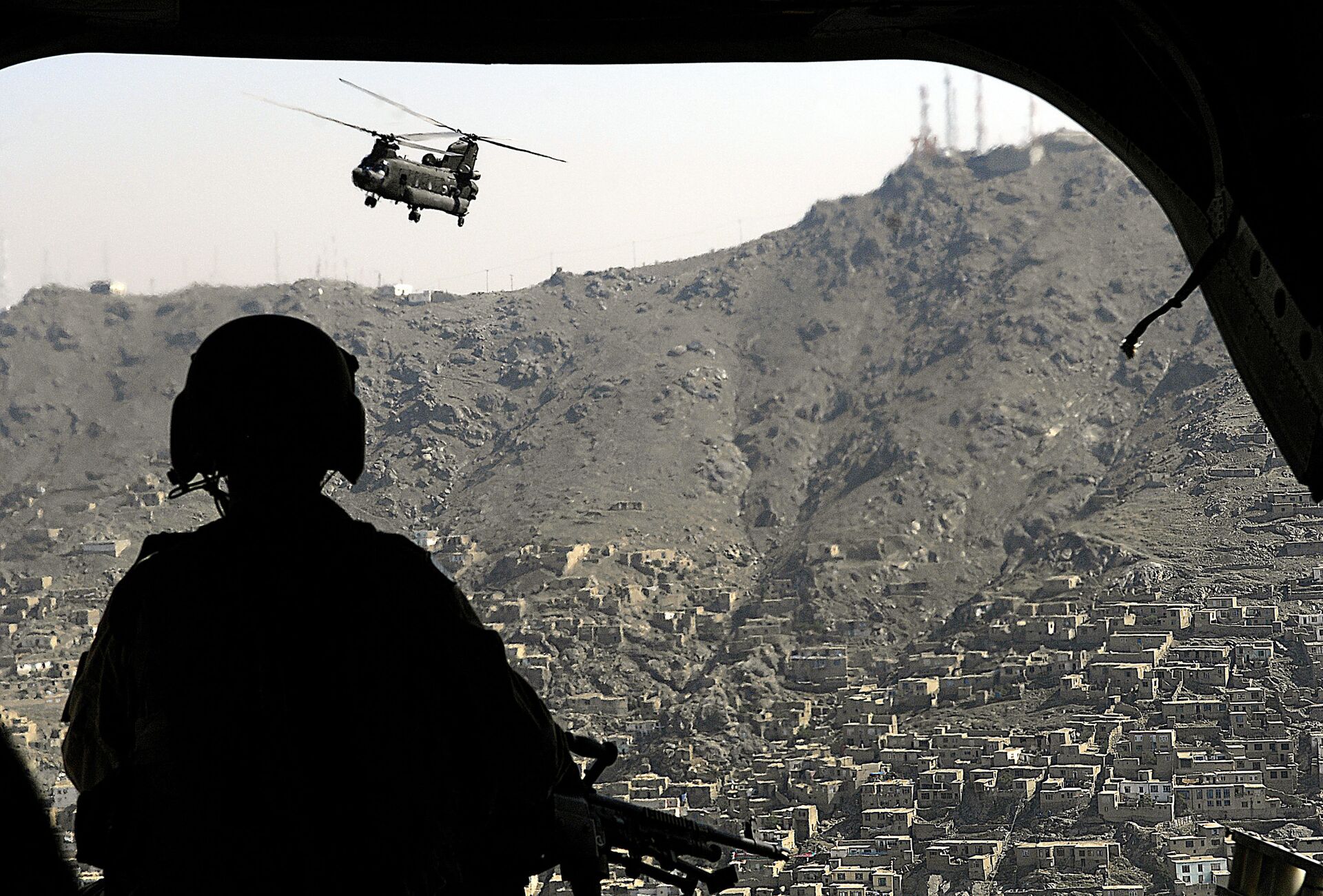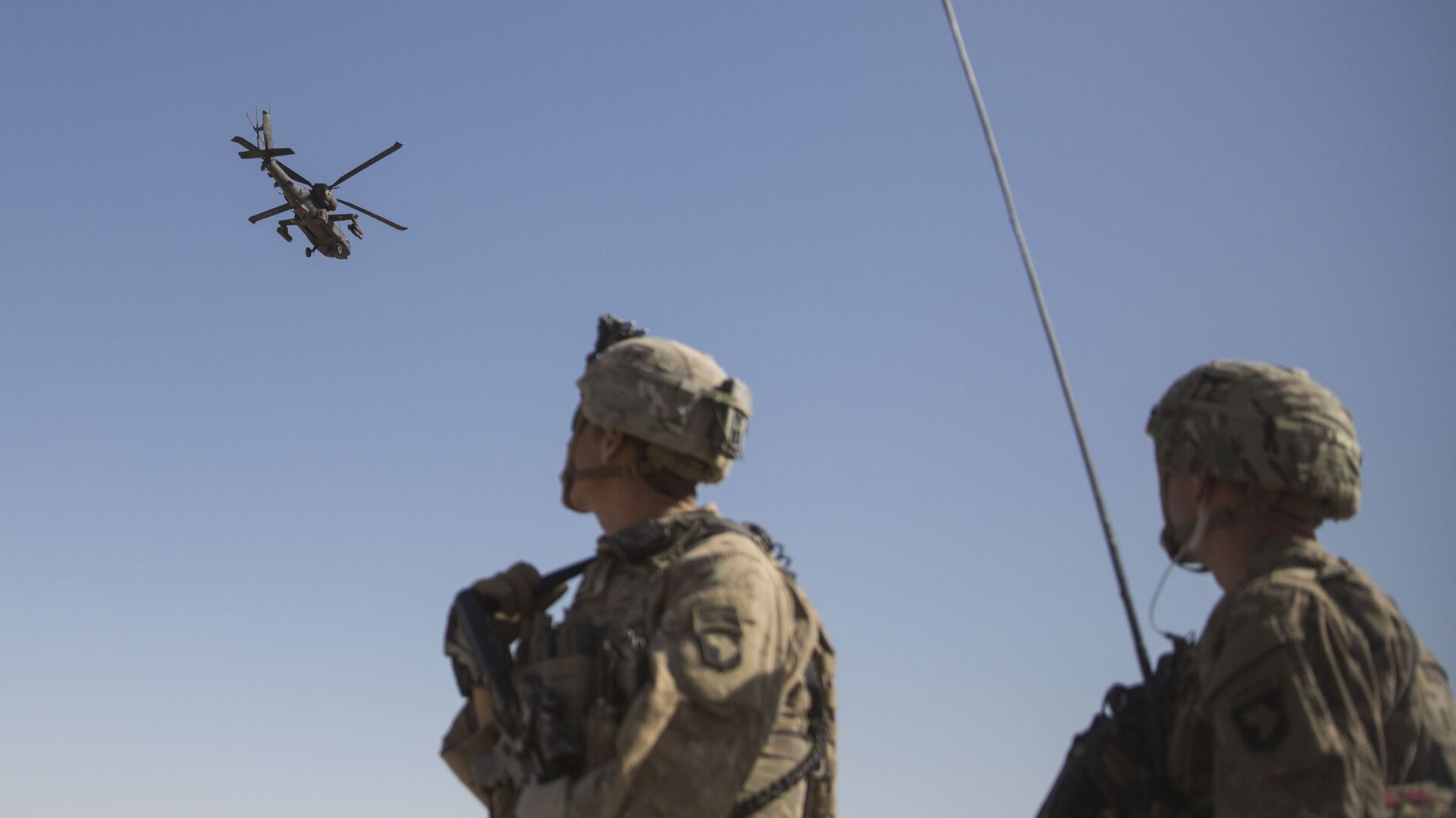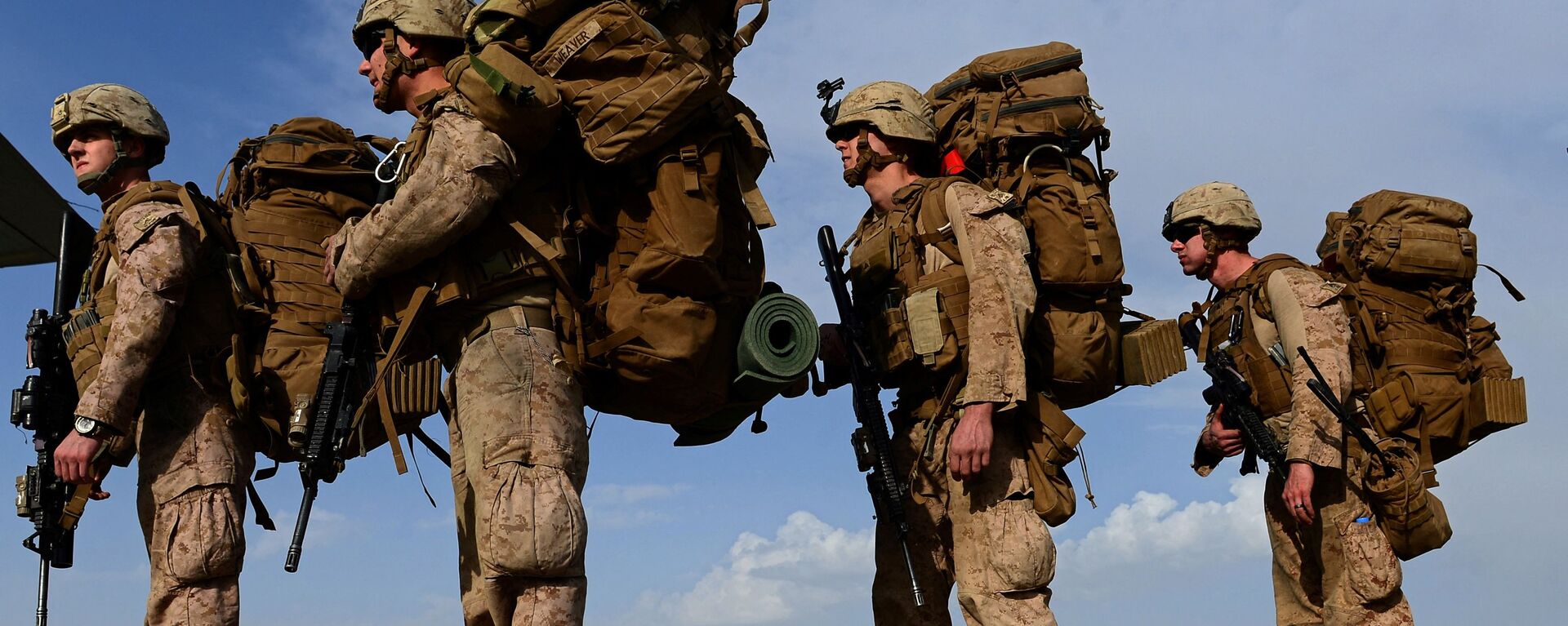While the opponents of foreign wars might be rejoicing over Washington's decision to pull troops out from Afghanistan this year, this was hardly good news for the thousands of Afghans who have worked as interpreters, translators, drivers, cooks, and advisers to US personnel over the last 20 years. With the US reducing its presence in the country, Taliban forces have spread their influence and they are generally not kind to their compatriots who have helped the Americans, NPR reports, citing the accounts of several locals.
These people and their families are either receiving death threats or being killed without any warning from Taliban fighters, the broadcaster says. Several hundred Afghan interpreters have already been killed since 2001, according to the No One Left Behind non-profit organisation.
The only way out for them is to get special immigrant visas (SIV), which are granted to those who have worked for the US military or as contractors for over two years and are facing threats. Over 26,500 SIVs have been issued so far, but thousands of Afghans are still undergoing the process of getting them, which is riddled with imperfections, NPR reports.
It takes nine months to issue one after a person applies for it, which is too long, considering that the US is planning to be gone by September 2021 and will abandon most regions of the country where candidates for SIVs live even earlier.
Furthermore, in reality, sometimes these SIVs take years to get, NPR says. A 2020 review of the issue by the inspector general at the Department of State indicated that the initiative lacks staffers and a centralised database to speed up the process. Secretary of State Antony Blinken even suggested that the applicants might be moved to the US as refugees, but there has been no word on this becoming official so far.
"We're working with our colleagues in Washington to try to cut through those numbers as quickly as we possibly can to meet the obligation that we all feel here, and that our country has, absolutely, to people who served us over the course of our time here. But it is an immigrant visa, and those take a certain amount of time in any country", Ambassador Ross Wilson, the US chargé d'affaires at the Embassy in Kabul stated.
No Visas Even for Those Who Helped US Under Hail of Bullets
Delays are not the only issue with the SIVs. Some of the Afghans who helped US forces have been denied visas despite meeting the criteria, NPR wrote. One man had his application rejected because he could only find documents proving he had helped US operations in the country for one year, short of the required two years, the broadcaster said.
Another local, a woman, fell just a week short of the required term to be eligible for an SIV, but she is just as likely to face Taliban retaliation as anyone else that the group considers collaborated with the "enemy". She is now fighting to get a visa despite the two-year requirement, NPR reported.
Delays and denials of SIVs are prompting frustration among thousands of Afghans who fear for their lives and the lives of their families, the broadcaster said, citing a local who explained that he feels like he has "been deceived by the US". NPR also brought up the story of a man named Khan - the 30-year-old local, who has a son and a pregnant wife, recently found a death threat note from the Taliban and a grenade wired to his home's front gate. Khan has been waiting since 2018 for his SIV and hasn't received one yet.

Sometimes the grounds for SIV denial remain unclear. NPR said that a local teenage Afghan interpreter, who once helped an Afghan Army battalion to pinpoint the location of a Taliban mortar spot in the mountains while dodging a hailstorm of bullets and mortar shells, had been trying to get an SIV since 2013. However, he was denied it in 2018 for allegedly failing to meet "the requirement of faithful and valuable service to the US government", the broadcaster said.
These issues are not unheard of on Capitol Hill and the members of Congress have been pressuring the Department of State and the White House to do something about it for some time now. Republican lawmaker on the House Foreign Affairs Committee Michael McCaul warned that failure to fix the issue by September would effectively kill those who used to help the US in Afghanistan.
"These people have a bull's eye and a target on their back from the moment we leave the country. And if we abandon them, we are signing their death warrants", McCaul said.
A bipartisan group of senators introduced a bill that would lower the requirements for getting an SIV, but the law is yet to be voted on. So far, the US government has not done anything practical to extract the affected Afghans before the September pullout. Options for how this can be done are being discussed. Earlier this month, Defence Secretary Lloyd Austin asked the US Central Command to produce a list of possible solutions for evacuating civilians who have helped the Americans over the last two decades. However, Pentagon spokesman John Kirby noted that the DoD is not "at a stage right now where evacuation is being actively pursued".






